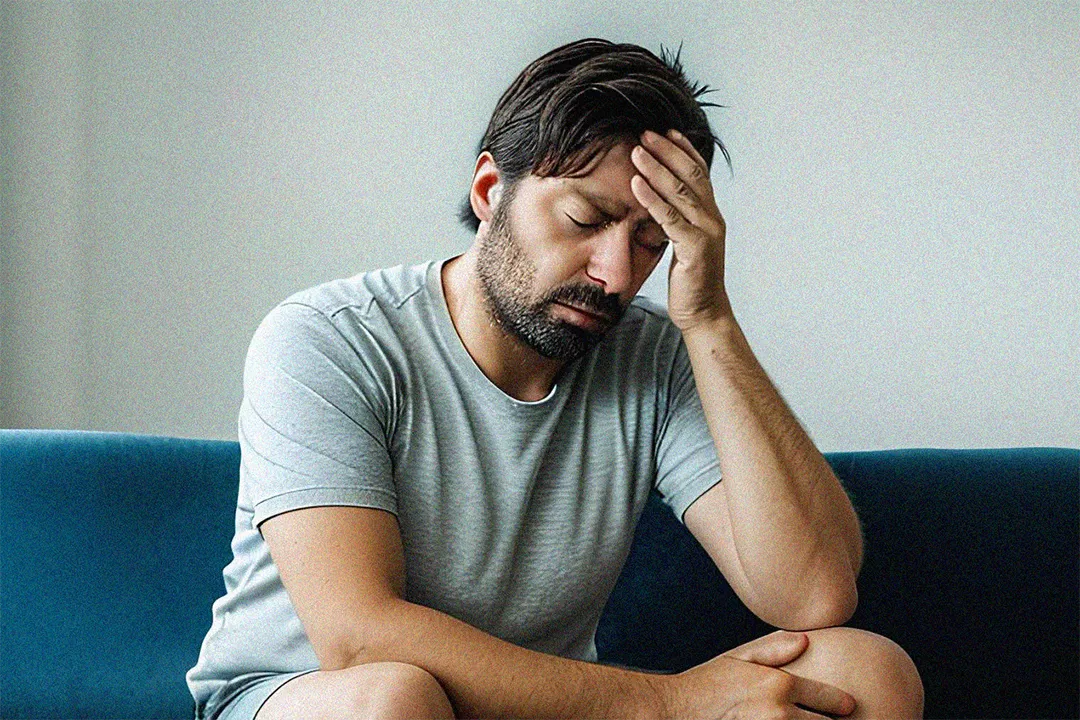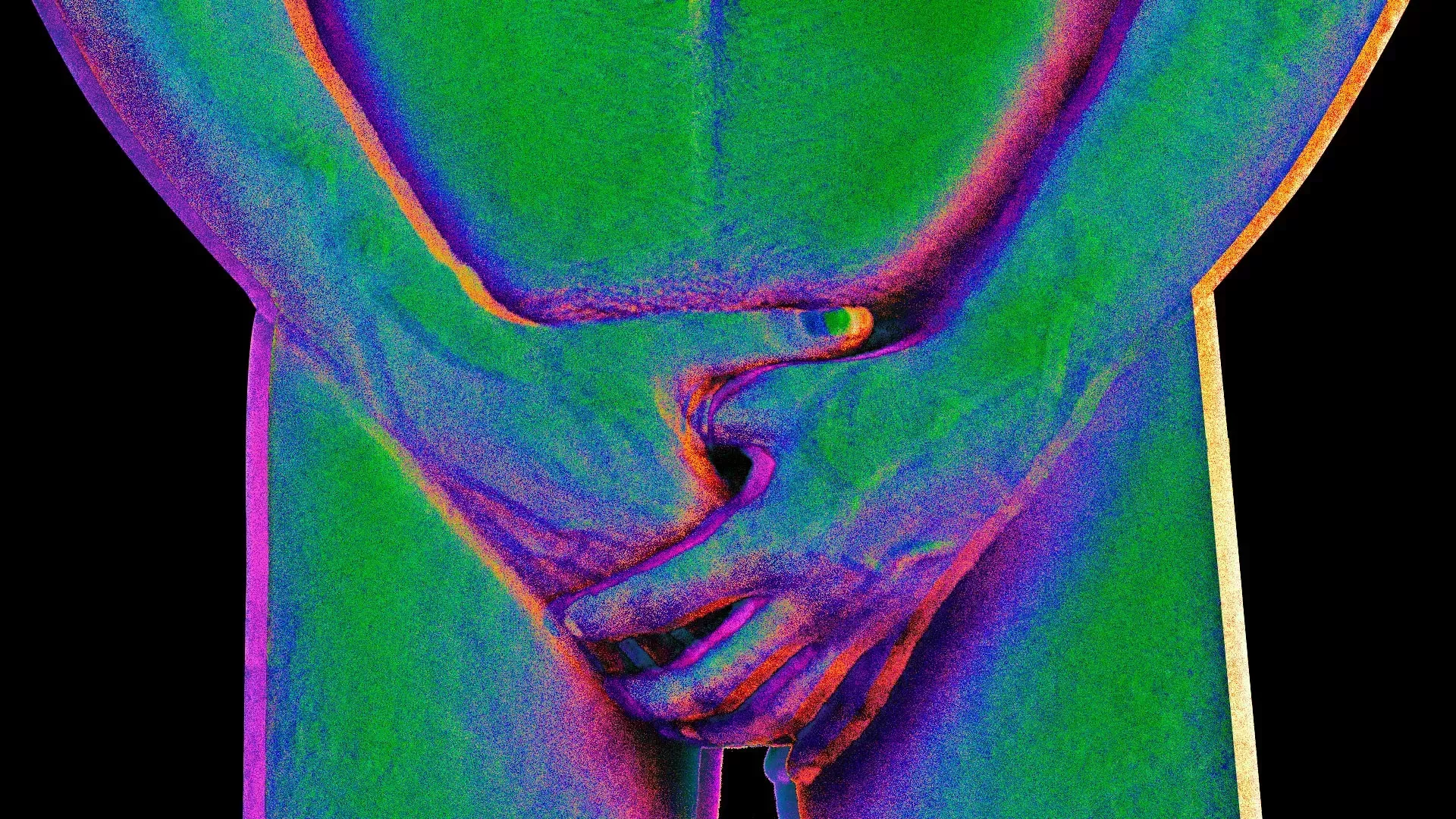Are You Considering Testosterone Replacement Therapy (TRT) for Age-Related Reasons? Here Are 6 Reasons Why It’s Good For You
2398
Learn how testosterone plays an important role in maintaining aged men’s overall health

What is Testosterone?
Testosterone is a hormone primarily synthesized in the testicles of men and the ovaries and adrenal glands of women. It plays a crucial role in developing male growth and masculine traits. Women naturally produce smaller quantities of this hormone. Testosterone production escalates significantly during adolescence and early adulthood, peaking about 30 times higher than in childhood. However, as individuals move beyond early adulthood, it is typical for testosterone levels to gradually decrease each year, with a typical decline of about one percent per year after the age of 30.
Testosterone has a significant role in the following:
- Muscle mass and bones
- Facial and pubic hair
- Body’s development of deeper voices
- Sex drive
- Mood and quality of life
- Verbal memory and thinking ability
Book a consultation with us if you have concerns about low testosterone. Natural testosterone levels tend to decline with age and could indicate underlying conditions that require attention.
To book an appointment, please email us at info.bkk@pulse-clinic.com or chat on your preferred platform:
![]() +66 65 237 1936
+66 65 237 1936  @PULSEClinic
@PULSEClinic ![]() PulseClinic
PulseClinic
What is Testosterone Replacement Therapy (TRT)?
Testosterone replacement therapy (TRT) is used to treat hypogonadism in men with low testosterone levels, a hormone crucial for male development and reproductive health produced by the testicles. This hormone influences the development of male characteristics such as facial hair, deep voice, and muscle mass.
Low testosterone levels can result in symptoms like reduced sex drive, erectile dysfunction, fatigue, and decreased muscle mass. TRT involves administering testosterone via injections, patches, gels, or pellets to restore levels to normal and alleviate symptoms.
Add us on Line and stay in touch.
Here Are 6 Reasons Why People are Considering Testosterone Replacement Therapy (TRT)
1. Improve Blood & Heart Health
A strong heart efficiently circulates blood throughout the body, ensuring muscles and organs receive optimal oxygen for peak performance. Testosterone supports the production of red blood cells in the bone marrow. Reduced testosterone levels are associated with various cardiovascular risks.
2. Reduce Fat & Create More Muscle
Testosterone contributes to greater muscle mass, which in turn aids in weight management and boosts energy levels. Research indicates that treatment for low testosterone in men can reduce fat mass and enhance muscle size and strength. While some individuals may experience changes in lean body mass without a corresponding increase in strength, combining testosterone therapy with strength training and exercise is likely to yield the most significant benefits.
3. Build Stronger Bones
Testosterone significantly impacts bone mineral density. As men get older and testosterone levels decline, bone density also decreases. This increases the likelihood of brittle bones and osteoporosis. Maintaining strong bones is crucial for supporting muscles and internal organs, and enhancing athletic performance.
4. Enhance Verbal Memory, Spatial Abilities, or Mathematical Reasoning
Studies indicate that men with higher total testosterone ratios exhibit lower rates of Alzheimer’s disease. Additionally, there is compelling evidence linking testosterone levels to cognitive functions such as verbal memory and processing speed. Treatment with testosterone in men aged 34 to 70 has demonstrated enhancements in spatial memory.
5. Enhance Sex Drive
Testosterone levels typically increase in response to sexual arousal (libido) and activity. Men with elevated testosterone levels often experience more frequent sexual activity. In older men, higher testosterone levels are necessary for maintaining libido and erectile function. However, it is important to recognize that erectile dysfunction is frequently caused by other health conditions or medications rather than low testosterone levels alone.
Research indicates that testosterone therapy can improve sexual health and performance. Moreover, studies suggest that there exists a threshold beyond which further increases in testosterone do not yield additional benefits. For men without hypogonadism, augmenting testosterone levels may not enhance libido.
6. Mood Improvement
Reduced testosterone levels are linked to decreased quality of life, with symptoms such as depression, fatigue, and irritability commonly reported. However, recent research suggests that these effects may primarily affect men diagnosed with hypogonadism. Men experiencing the natural decline in testosterone levels associated with aging did not exhibit a heightened risk of depression in some studies.
The impact of testosterone replacement therapy on mood can vary widely. People diagnosed with hypogonadism have reported enhanced mood, increased well-being, and decreased levels of fatigue and irritability with this treatment. There is also research indicating that testosterone therapy may be effective as a treatment for depression.
Potential Risks of Testosterone Therapy
Prescription testosterone treatments are offered in various forms such as gels, skin patches, and intramuscular injections, each carrying its own set of potential side effects. Patches can sometimes cause skin irritation, while intramuscular injections may lead to mood swings. It's important not to share the gel product with others if you use it.
Potential side effects of testosterone therapy include:
- Increased acne
- Fluid retention
- Increased urination
- Breast enlargement
- Decreased testicular size
- Decreased sperm count
- Increased aggressive behaviors
Men with prostate or breast cancer are typically discouraged from undergoing testosterone treatment. Furthermore, testosterone therapy could worsen sleep apnea in older people.
Are You Considering Testosterone Replacement Therapy (TRT)?
DO NOT purchase testosterone without a prescription. Make sure to see a doctor if you think you might have low levels of testosterone. Your doctor will run an appropriate diagnosis to determine whether you need TRT or not.
You can also boost your testosterone naturally by consuming foods rich in nutrients such as fatty fish, dark leafy greens, cocoa products, avocados, eggs, berries, and shellfish.
Loading...
Clinic Locations
Loading...











